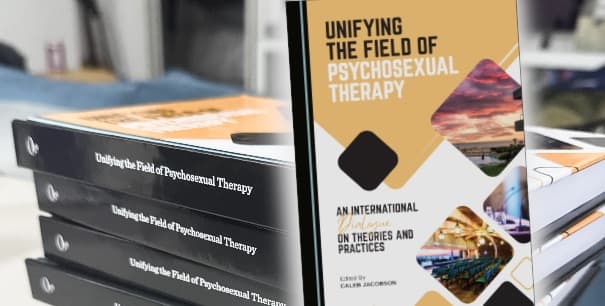Adult ADHD can be scary and threatening
It’s common to feel broken or sub-par when people talk about you possibly having adult ADHD. It’s common to feel like you’re the identified patient and, once you’re “fixed”, everything will be just fine. Everything. It’s common to feel that you’re lazy or ditzy; you just don’t try hard enough. It’s common to feel that adult ADHD makes you less capable than the next person.
Successfully living with adult ADHD is not a matter of will power or simply applying yourself better. I distinctly remember my high school biology teacher telling me that if I “would only apply myself I would do great things”.
I want to repeat this: adult ADHD is not a lack of will power or attention or an excess of procrastination. Adult ADHD is a difference in brain physiology and a neurochemical deficiency in dopamine. A change of thinking and talk therapy can help, but you can’t think or talk your way completely through it.
Let’s try and remove some of the stigma around adult ADHD by comparing it to a more socially-acceptable condition: imagine you’re really thirsty. It’s been an entire day since you last drank anything. Your lips are dry. Your tongue feels like a block of pumice, ready to suck up any drop of water you encounter. Your focus narrows to water.
Adult ADHD is sort of like that. It’s a condition where there is a lack of dopamine— the success neurochemical— in the brain. Our brains evolved to crave dopamine as a tool that allows complex process completion and achieving long-term goals. If you don’t have enough of it, you’ll do almost anything to get it… including diverting your attention to something novel— like that hypothetical squirrel everyone uses to make fun of our distractability.
Because Adderall contains amphetamine, society has over-simplified the medical treatment of adult ADHD to just needing a stimulant.
Technically, Adderall is not a stimulant. It’s a dopaminergic compound that raises the dopamine levels in the brain and helps establish a healthier neurochemical baseline. Internally, this new baseline can help a person with ADHD find balance and feel “normal”. Externally, the additional dopamine gives a new focus; an ability to meet deadlines; a reduction in tantrums and yelling, negative self-talk, disorganization, and impulsivity. Finding the proper dosage, durations, and timing requires trial and error while working with a trusted medical provider.
The addition of the proper amount of dopamine is not a requirement to coaching a person with adult ADHD. It can, however, be a strong foundation upon which a productive coaching relationship erects systems and scaffolding around the most disruptive ADHD symptoms.
ADHD does not need to be your biggest failure in your life or relationship. We can help you manage it and transform it back into your super power that attracted people to you in the first place.







